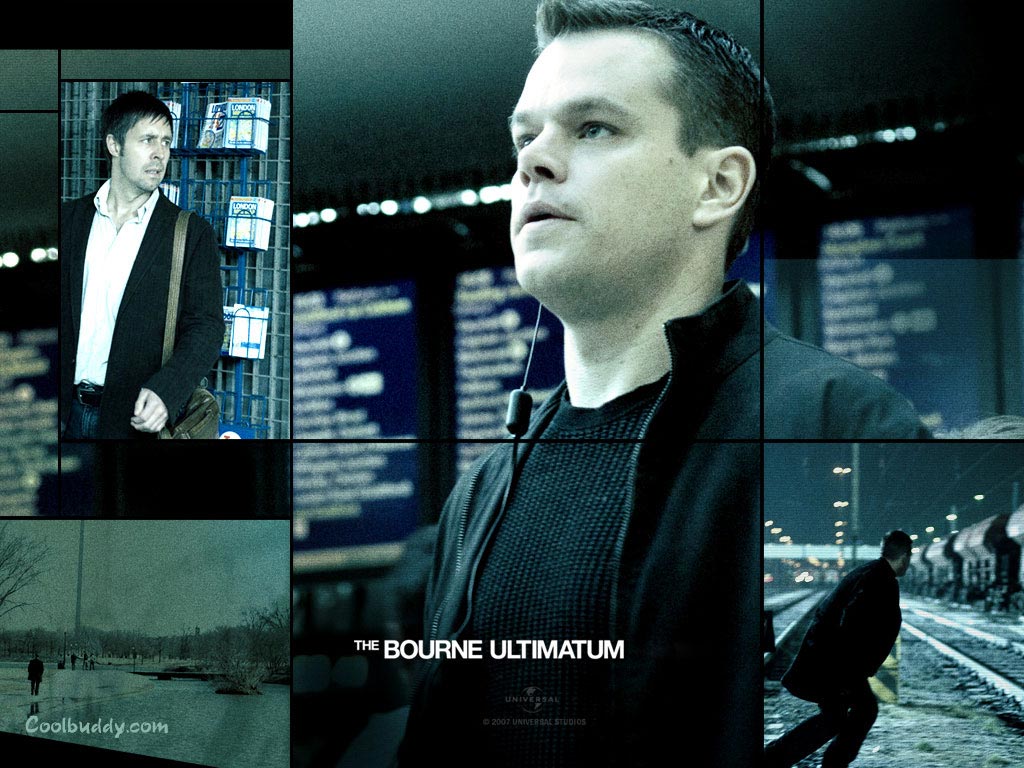 Oops. I coined a new piece of jargon yesterday. Didn't mean to. It just slipped out.
Oops. I coined a new piece of jargon yesterday. Didn't mean to. It just slipped out.I was looking for a way of describing both the people who are excited and the things that are exciting in our markets.
When encouraging user contribution or engagement, these passion points are the way to go - best return for least effort.
The other application of Passion Points is people. Who are the journalists in our organisation that are really passionate about what they're covering? This is important because the biggest "threat" to our business as publishers comes largely from bloggers who are often passionate non-professionals. It's their passion that's makes them exciting and makes it difficult for "career journalists" (those who are journalists by trade and move from market to market writing about different things) to compete with them.
But what about the people we employ who - although diligent and skilled - are not passionate? How do we help them compete?
 I'm reminded of the late Bob Monkhouse's observation about success in showbusiness: "The secret of success is sincerity. Fake that, and you've got it made."
I'm reminded of the late Bob Monkhouse's observation about success in showbusiness: "The secret of success is sincerity. Fake that, and you've got it made."If only it were true.

